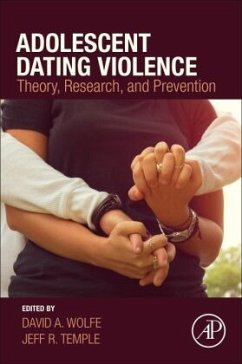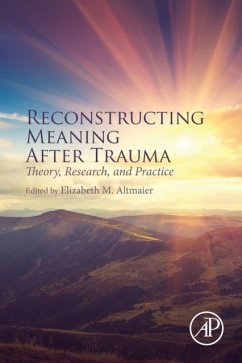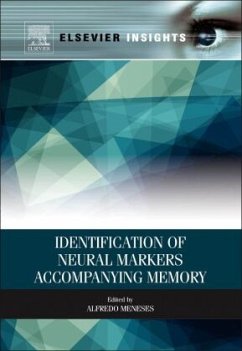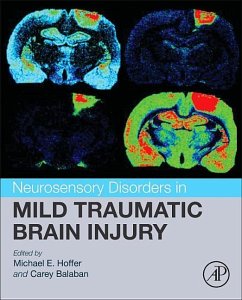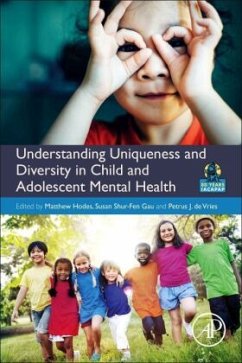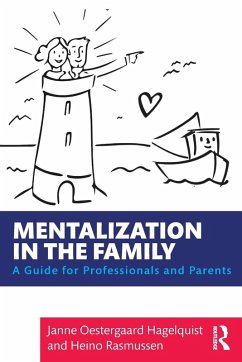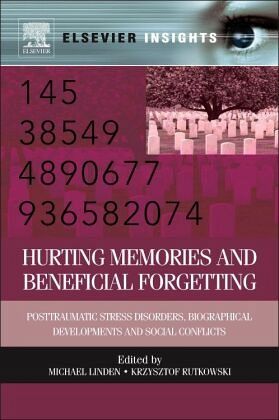
Hurting Memories and Beneficial Forgetting
Posttraumatic Stress Disorders, Biographical Developments, and Social Conflicts
Herausgegeben: Linden, Michael; Rutkowski, Krzysztof
Versandkostenfrei!
Versandfertig in 6-10 Tagen
46,99 €
inkl. MwSt.

PAYBACK Punkte
23 °P sammeln!
Memories are indispensable for individuals as well as social groups. Forgetting not only means loss of functioning but also loss of identity. Memories can also be hurting and cause problems, as research on posttraumatic stress disorders (PTSD) has shown. This is true for individuals as well as social groups and even societies. Memories and especially negative memories can escape the control of the individual. Many political conflicts can only be understood when taking history and memories into account.In this volume a comprehensive scientific overview is given on the development of "hurting me...
Memories are indispensable for individuals as well as social groups. Forgetting not only means loss of functioning but also loss of identity. Memories can also be hurting and cause problems, as research on posttraumatic stress disorders (PTSD) has shown. This is true for individuals as well as social groups and even societies. Memories and especially negative memories can escape the control of the individual. Many political conflicts can only be understood when taking history and memories into account.
In this volume a comprehensive scientific overview is given on the development of "hurting memories" in individuals and societies. Consequences are described, i.e. from mental disorders in individuals, like PTSD or other neurotic disorders, to societal tensions and conflicts, from South Africa to Northern Europe. Additionally, "beneficial forgetting" is discussed, from treatments of individuals to reconciliation between social groups. The contrasting of "hurting memories and beneficial forgetting" can help to understand, that memories can have positive and negative results and that it is difficult to decide when to support memories and when forgetting.
In this volume a comprehensive scientific overview is given on the development of "hurting memories" in individuals and societies. Consequences are described, i.e. from mental disorders in individuals, like PTSD or other neurotic disorders, to societal tensions and conflicts, from South Africa to Northern Europe. Additionally, "beneficial forgetting" is discussed, from treatments of individuals to reconciliation between social groups. The contrasting of "hurting memories and beneficial forgetting" can help to understand, that memories can have positive and negative results and that it is difficult to decide when to support memories and when forgetting.



